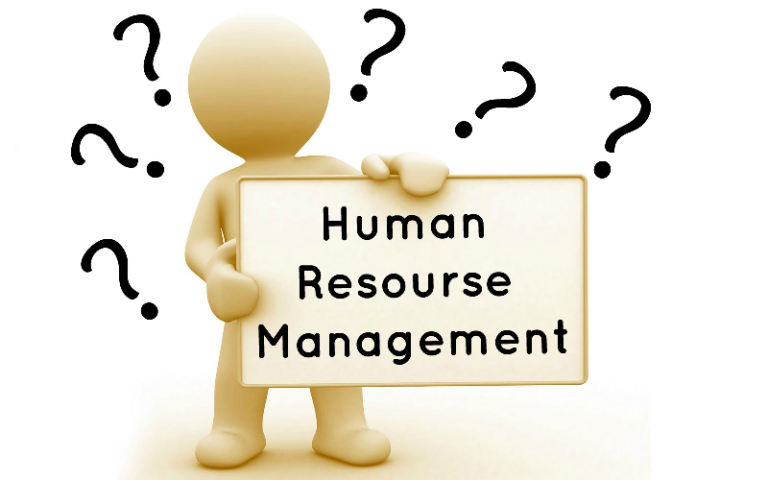This article will outline the basic principles and functions of Human Resource Management. What is human resource management meaning? This strategic approach to people management aims to maximize employee performance and support the strategic goals of an employer. In short, human resources management helps businesses achieve a competitive advantage by maximizing employee performance. This article will also discuss the education needed for those interested in pursuing a career in this field.
Principles of human resource management
The principles of human resource management (HRM) are designed to improve the overall work environment and motivation of employees. They are essential for creating a culture of employee satisfaction and ensuring the smooth running of the business. This textbook is a comprehensive introduction to HRM, covering a wide range of topics and activities. The textbook also contains various examples, activities, and exercises for students. Despite its extensive content, Principles of Human Resource Management is one of this level’s most effective teaching resources.
Whether an employee’s goals align with the company’s or not is critical to HR management. Employee satisfaction and security directly result from the HR department’s efforts to hire the best people for every job. Therefore, the HR department must constantly push employees to reach their full potential. As the most crucial responsibility of the HR department, recruitment is an important part of the business. They must hire the right people for every position because a mismatch between the company’s skills and needs can derail the other principles.
Functions of human resource management
Human resource management performs some important functions for an organization’s growth. One of the most important functions is administration, which includes identifying the nature of a job and the human requirements that go along with it. This function is also a key component of recruiting new employees and contributing to an organization’s social, moral, and legal image. It is one of the oldest functions in human resource management, and it is based on the principle that every facility wants to provide good jobs to qualified individuals.
Professional development of employees is another important function of HRM. Employee training programs help employees improve their skills and knowledge and can help an organization improve its business processes. HR leaders are also responsible for offering employee development programs across departments. Training and education are investments in a company’s future and can boost employee retention. For example, 94 % of employees would stay with a company if it invested in training and development. It can include on-the-job training, seminars, trade shows, and corporal responsibilities.
Responsibilities of human resource managers
One of the main responsibilities of a human resources manager is to create structures for the staff that benefits both the business and its employees. One such discipline is the yearly salary review. The HR manager should ensure that the compensation of employees reflects their needs and merits while steering the business in a people-oriented direction. For this to happen, honesty, transparency, and mutual evaluation are essential. A human resources manager’s responsibilities also extend to recruiting and hiring employees.
Regardless of their job title, the success of an organization begins with the people who work within it. Without these employees, the organization would not exist. Different cultures foster different approaches to human resource management. Many business firms are moving away from traditional management practices and adopting global strategies to compete in the global marketplace. They also cope with globalization, environmental issues, moral challenges, and political and economic uncertainties. In these environments, human capital is a key asset.
Education required for human resource managers
In today’s highly competitive job market, the education required for human resource managers is crucial. With the focus on the workforce as a strategic asset for business, more executive positions are focused on HR. Fortunately, some college programs help those interested in this career path. A BS in Business Administration with a concentration in human resources management is an excellent choice. In addition, according to the Society for Human Resource Management, internships are essential to the success of HR professionals.
While many entry-level positions are available in the human resources field without a bachelor’s degree, many employers prefer a graduate degree to candidates without a degree. Choosing an internship that will help you demonstrate your ability to organize, direct, and lead others is a valuable way to gain valuable experience. Those with at least five years of professional experience are often hired for these positions. The education required for human resource managers varies by field, but most HR professionals have at least five years of experience.

